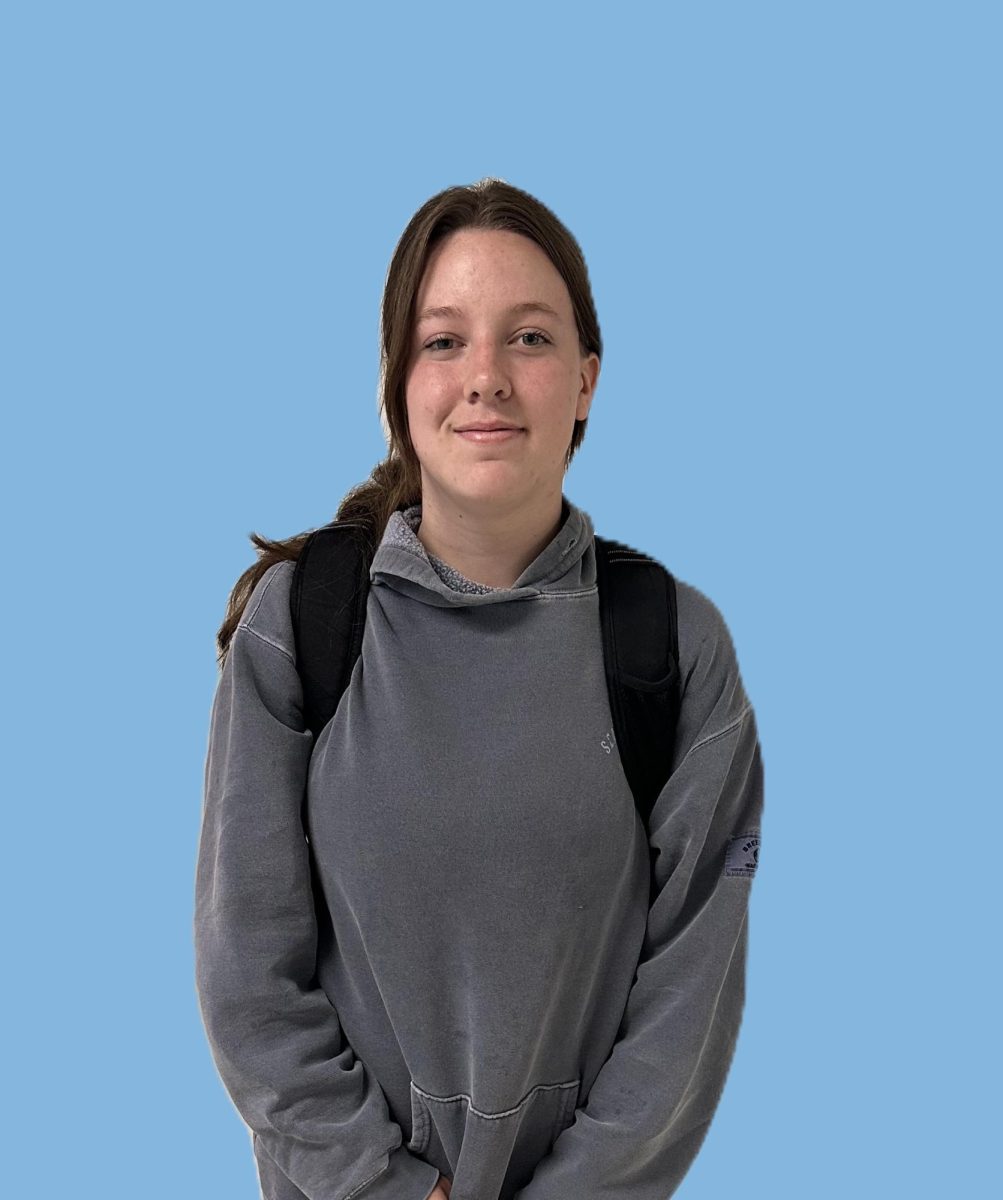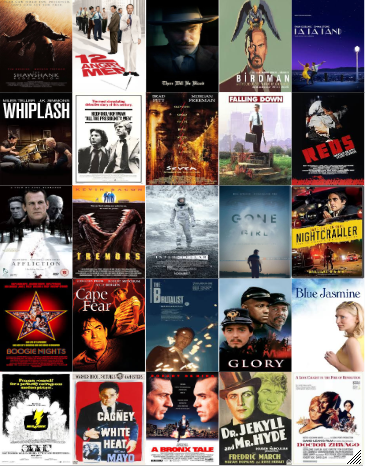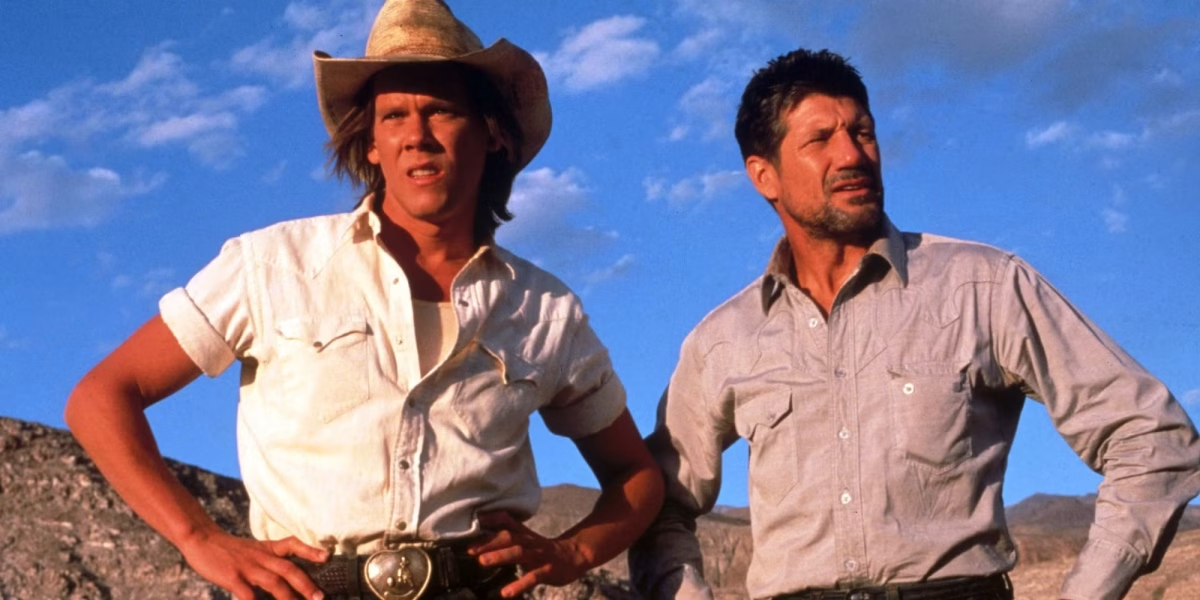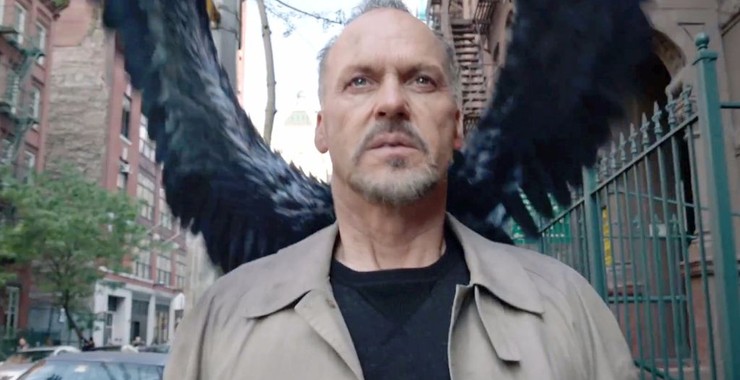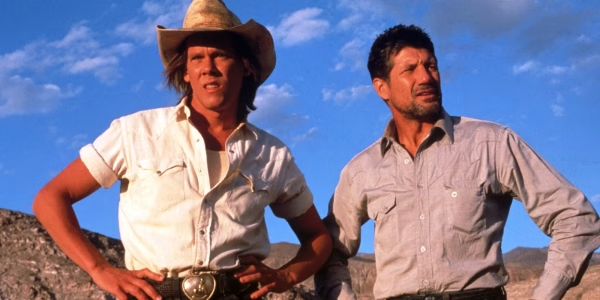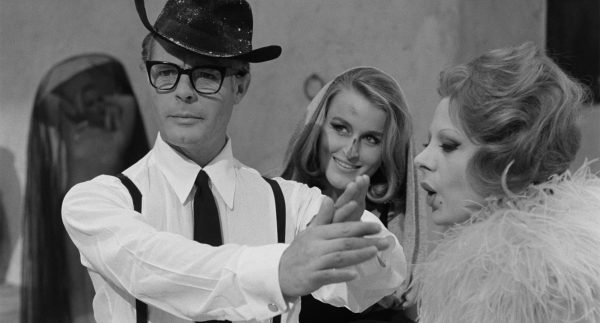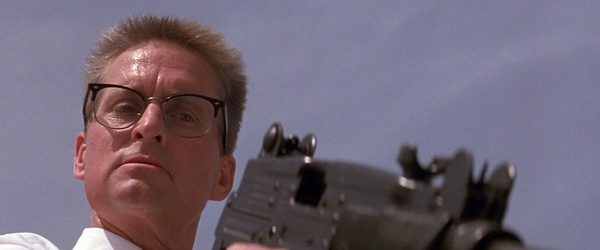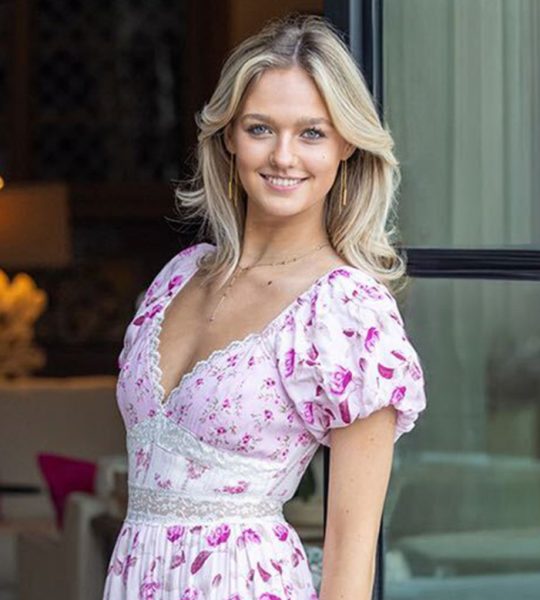The Unexpected Virtue of a Crazy Idea: Part 2
Riggan Thomson about to take flight
This is the second part in a four part series about the film Birdman. The focus here being the films main character Riggan Thomson.
We open on a shot of Michael Keaton, who like all the others, I will be referring to by their character’s name. Floating in the air in a seemingly meditative state, the opening lines are as follows, ¨How did we end up here? This place is a f***ing dump. Smells like balls. We don’t belong in this s***hole.¨ Although not immediately evident, these lines are not said by Riggan. They are rather said by the Birdman character, which acts as a voice in Riggan’s head and will take ¨physical¨ form later on in the film.
Riggan and the Birdman character do not see eye to eye, evidenced by the fact that while Birdman comments on the state of the room, Riggan is seen trying to ignore his comments and continue on this meditation. Unfortunately for him he is further interrupted by the outside voice of his daughter Sam (Emma Stone) who asks him about the kind of flowers he wants with an I’d-rather-be-anywhere-but-here attitude. This seemingly goes right over Riggan’s head, as he responds asking for ¨Alchemillas, or something soothing that smells nice.¨
This is where we start to learn about the relationship between Riggan and his daughter. Sam doesn’t think very highly of her father and would rather have him out of her life altogether. Despite this, Riggan wants to try to build a connection and relationship with her. He feels guilty for not being able to be present when she was a child, which was due to the fact that he was always working thousands of miles away. He’s trying to make up for the lost time even though Sam is resistant to it.
Here we are now made aware of what could be considered to be the film’s greatest virtue: the cinematography. Unlike most films which have cuts to different angles with some shot composition in between, Birdman presents itself as one continuous shot, with the camera following and flying from character to character. The reason the film is presented in this way is to mimic a stage production. Obviously when something is performed right in front of you you can’t cut away from it because it’s happening in real time. This parallel to stage production also serves another purpose, as Riggan has given up on the screen and in many ways Hollywood altogether. Instead he has now taken to performing on the stage in an adaptation of the short story What We Talk About When We Talk About Love by Raymond Carver.
There is an additional reason for the choice of cinematography, which stems from outside of the film itself. Not only does the film strive to replicate a stage production, but it also tries to display the life of a person in the most genuine way possible. The film’s director, Alejandro González Iñárritu, put it best with the following statement, “At the end of our life, it’s just a continuous shot. I want people to really experience the life of a person in one continuous shot.¨
The camera follows Riggan as he heads down the hallway toward the main stage for rehearsal. Here is where we are introduced to three more characters, only two of which can be considered important. For right now we´ll focus on the least important, Ralph. Although not in the film for long he helps set up what I consider to be the story’s most intriguing aspect. Ralph’s acting is, to put it bluntly, horrible. It is so bad that an overhanging light comes loose and falls directly on his head, knocking him out. Unlike everyone else, Riggan simply walks away and is followed by his longtime friend & producer Jake (Zach Galifianakis). When Jake informs Riggan that Ralph is likely to sue them, Riggan responds ¨Jake. This happened for a reason. It wasn’t an accident.¨ After Jake questions what he means, Riggan clarifies ¨I– I made it happen.¨
This is not the first or last time in which Riggan can be attributed to committing supernatural feats. In the film’s opening shot, the one that features Riggan meditating in his underwear, he appears to be suspended off the ground, almost floating in the air. Later on in the film after an argument with Sam, Riggan touches a cigarette case and it starts to spin on its own. It’s almost as if Riggan himself has superpowers. We aren’t really told anything about the ¨Birdman¨ character. Even so, based on what we see Riggan do it’s safe to assume that his powers include telekinesis, levitation and flight, in addition to other unmentioned abilities.
The Birdman character he’s created for himself seems to, at least in Riggan’s mind, give him the powers and strengths that Birdman had when he played him.
The most intriguing question to be asked is why he would create the Birdman character in the first place. All it does is annoy him and try to get him back into superhero films, something Riggan clearly doesn’t want to do. This is so much to the point where he looks down upon those who act in the superhero genre. The screenplay insinuates this, ¨RIGGAN (With disgust.) F**k. They put him in a cape, too?¨ There is direction to deliver the line ¨with disgust.” He hates superhero movies and he hates the fact that he used to be in one. So why would he create a persona that represents everything he cannot stand about himself?
My question is this: what if the Birdman is not a persona or a character in Riggan’s head? What if, Birdman is rather Riggans anger and self-loathing put into an identifiable shape? What if it’s a manifestation of him knowing that he indeed is a washed-up comic book actor making feeble attempts to try to bring his career back and ¨legitimize¨ himself as an actor? What if the reason he hates actors in superhero movies is because deep down that’s all he fears he’ll ever be, a long forgotten man who will only be remembered as ¨the guy who played Birdman two decades ago?”
These possibilities don’t go unexplored within the film. During an argument with Sam she exclaims, ¨You had a career before the third comic book movie, before people began to forget who was inside the bird costume.¨ This is also touched on in an argument with Birdman, ¨I’m f**king disappearing! I’m the answer to a f**king trivial pursuit question.¨ In these instances both Sam and even Riggan himself allude to the fact that no one remembers Riggan specifically, they just remember the dude in the Birdman costume.
Keeping that in mind, one can infer that the whole reason Riggan is doing a stage play at all is because to him stage actors are ¨real actors.¨ If Riggan wants to show the world that he is in fact a ¨real actor,¨ the easy way to do so is not only to star in an adaptation of a popular story, but also to adapt and direct the work himself. He not only wants to be relevant again but he also wants to show the viewing world that he has actual talent as an actor, writer and director. It’s almost as if he’s trying to overcompensate for his past shortcomings.
Despite this, proving himself isn’t his only reason behind this endeavor. There is a more sad and even selfish reason behind it, which is the fact that Riggan simply wants to feel relevant again. There is an undertone and a general belief among the characters throughout the whole movie that Riggan isn’t doing this for art. He isn’t even doing it for money: he just wants to feel like he matters again. He wants to know, if just for a couple hours, that people remember him and care about what he does.
To that end, it’s possible that everything about him is just a front that he puts on in a shallow attempt to pretend that he’s not just “the guy in the bird costume.”
Everything Riggan does and says stems not only from self-loathing but from a fear that he won’t be remembered for his “talents.” He’s willing to do anything to keep up the facade that he is a real actor even though deep down he knows he isn’t.
The reason the Birdman character keeps pestering him to go back into superhero films is because, based on our previous assumption, he knows deep down that is all he is good for.
This concludes Part Two of The Unexpected Virtue of a Crazy Idea. We will next delve into the character of Mike Shiner. Until next week…
¨In Reel Time¨
Tristan Good











